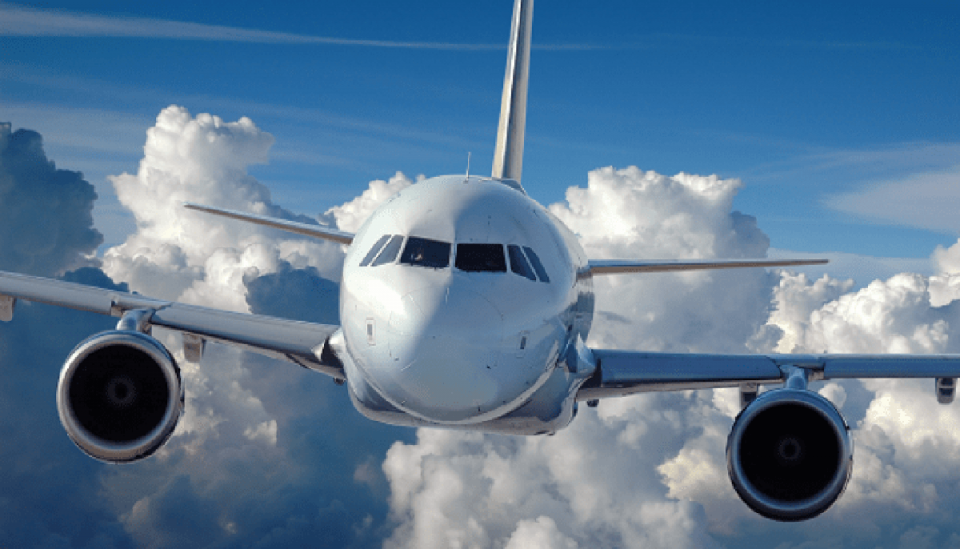World airlines have rallied governments to relax travel restrictions as COVID-19 continues to evolve from the pandemic to endemic stage.
The call is on the heels of the United Kingdom’s decision to remove quarantine, self-isolation and coronavirus testing requirements for vaccinated people arriving in England.
The airlines, under the aegis of International Air Transport Association (IATA) also urged government to remove all “travel barriers” including quarantine and testing for those fully vaccinated, and enable quarantine-free travel for non-vaccinated travellers with a negative pre-departure antigen test result.
The airlines also asked that governments suspend all travel bans, and accelerate the easing of travel restrictions in recognition that travellers pose no greater risk for COVID-19 spread than what already exists among the general population.
IATA’s Director-General, Willie Walsh, yesterday, said that with the experience of the Omicron variant, there is mounting scientific evidence and opinion opposing the targeting of travellers with restrictions and country bans to control the spread of COVID-19.
“The measures have not worked. Today, Omicron is present in all parts of the world. That’s why travel, with very few exceptions, does not increase the risk to general populations. The billions spent testing travellers would be far more effective if allocated to vaccine distribution or strengthening health care systems,” Walsh said.
A recently published study by Oxera and Edge Health demonstrated the extremely limited impact of travel restrictions on controlling the spread of Omicron. The study found that if the UK’s extra measures with respect to Omicron had been in place from the beginning of November (prior to the identification of the variant), the peak of the Omicron wave would have been delayed by just five days with three per cent fewer cases.
Also, the absence of any testing measures for travellers would have seen the Omicron wave peak seven days earlier with an overall eight per cent increase in cases. Now that Omicron is highly prevalent in the UK, if all travel testing requirements were removed there would be no impact on Omicron case numbers or hospitalisations in the UK, the study stated.
Walsh said: “While the study is specific to the UK, it is clear that travel restrictions in any part of the world have had little impact on the spread of COVID-19, including the Omicron variant. The UK, France and Switzerland have recognised this and are among the first to begin removing travel measures. More governments need to follow their lead. Accelerating the removal of travel restrictions will be a major step towards living with the virus.”
With respect to travel bans, last week, the World Health Organisation’s (WHO) Emergency Committee confirmed their recommendation to “lift or ease international traffic bans as they do not provide added value and continue to contribute to the economic and social stress experienced by States. The failure of travel restrictions introduced after the detection and reporting of the Omicron variant to limit international spread of Omicron demonstrates the ineffectiveness of such measures over time.”
More so, all indications point to COVID-19 becoming an endemic condition—one that humankind now has the tools (including vaccination and therapeutics) to live and travel with, bolstered by growing population immunity.
This aligns with the advice from public health experts to shift the policy focus from an individual’s health status towards policies focusing on population-wide protection. It is important that governments and the travel industry are well-prepared for the transition and ready to remove the burden of measures that disrupt travel.
“The current situation of travel restrictions is a mess. There is one problem—COVID-19. But there seem to be more unique solutions to managing travel and COVID-19 than there are countries to travel to.
“Indeed research from the Migration Policy Institute has counted more than 100,000 travel measures around the world that create complexity for passengers, airlines and governments to manage. We have two years of experience to guide us on a simplified and coordinated path to normal travel when COVID-19 is endemic.
“That normality must recognise that travellers, with very few exceptions, will present no greater risk than exists in the general population. And that’s why travellers should not be subject to any greater restrictions than are applied to the general community,” said Walsh.



